Subscribe to our newsletter to find out about all the news and promotions, and automatically receive a welcome discount coupon in your email.

The risk of dehydration in running
by Ismael Martinez Garcia
The risk of dehydration in the running It is an issue that should concern any person who runs, especially when running competitions of a certain distance (or duration) and with more reason when they are held in summer or in wet weather.
Dehydration occurs when the person you lose more fluids than you take in and that ends up leaving your body without enough water so that it can carry out its functions normally.
The correct development of all vital functions depend on, Inter alia, proper hydration. With prolonged exercise, water loss through sweat and urine is very high. And this also increases significantly when the temperature is high as it happens during the summer or in humid environments. The risk of dehydration must be considered whenever intense and prolonged sports activity is carried out, but especially when it is carried out in summer because the risk increases.
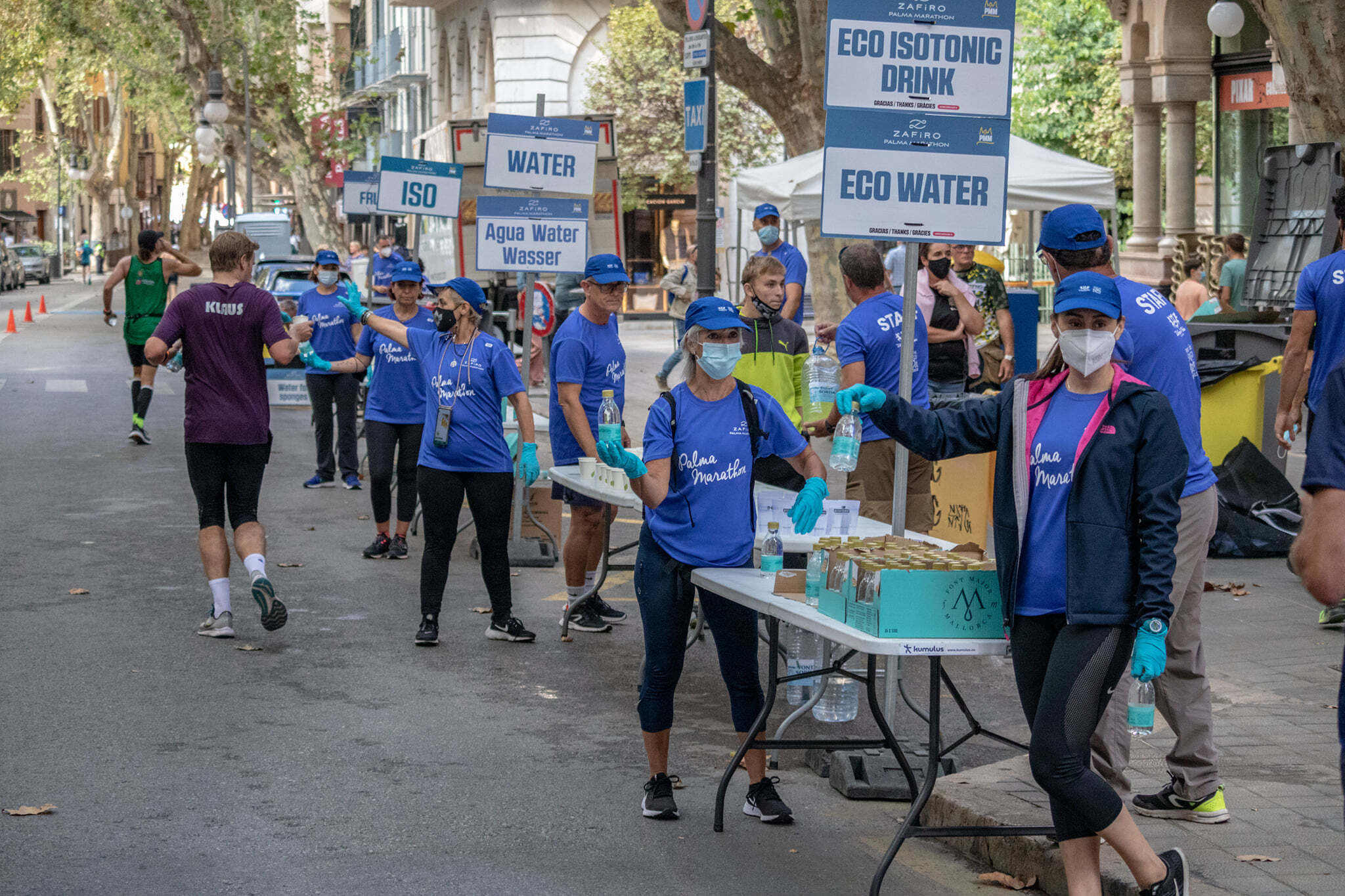
Dehydration, an enemy to fear
dehydration is one of the enemies that runners face in any long-term race from the second hour of competition. And he is not just any enemy, he is an enemy to be taken very seriously.
One of the main reasons for dropping out of endurance sports it comes hand in hand with inadequate or insufficient hydration or both.

It is common for dehydration to cause withdrawal from the marathon and trail races. running in which the 2-3 hours of competition are exceeded, however it is avoidable and many times it is produced by the athlete's mistakes.
First of all, it is remarkable that not only it is necessary to be properly hydrated at the time of the sports event, but in the athlete's day-to-day. It could be said, therefore, that incorrect hydration is one of the limiting factors for proper sports performance, post-training recovery, and prevention of complications during competition.
As already mentioned above, the main causes of dehydration are the sweating and urine (ie, situations in which fluid is expelled from the body). These situations vary according to weather factors such as temperature, humidity and wind.
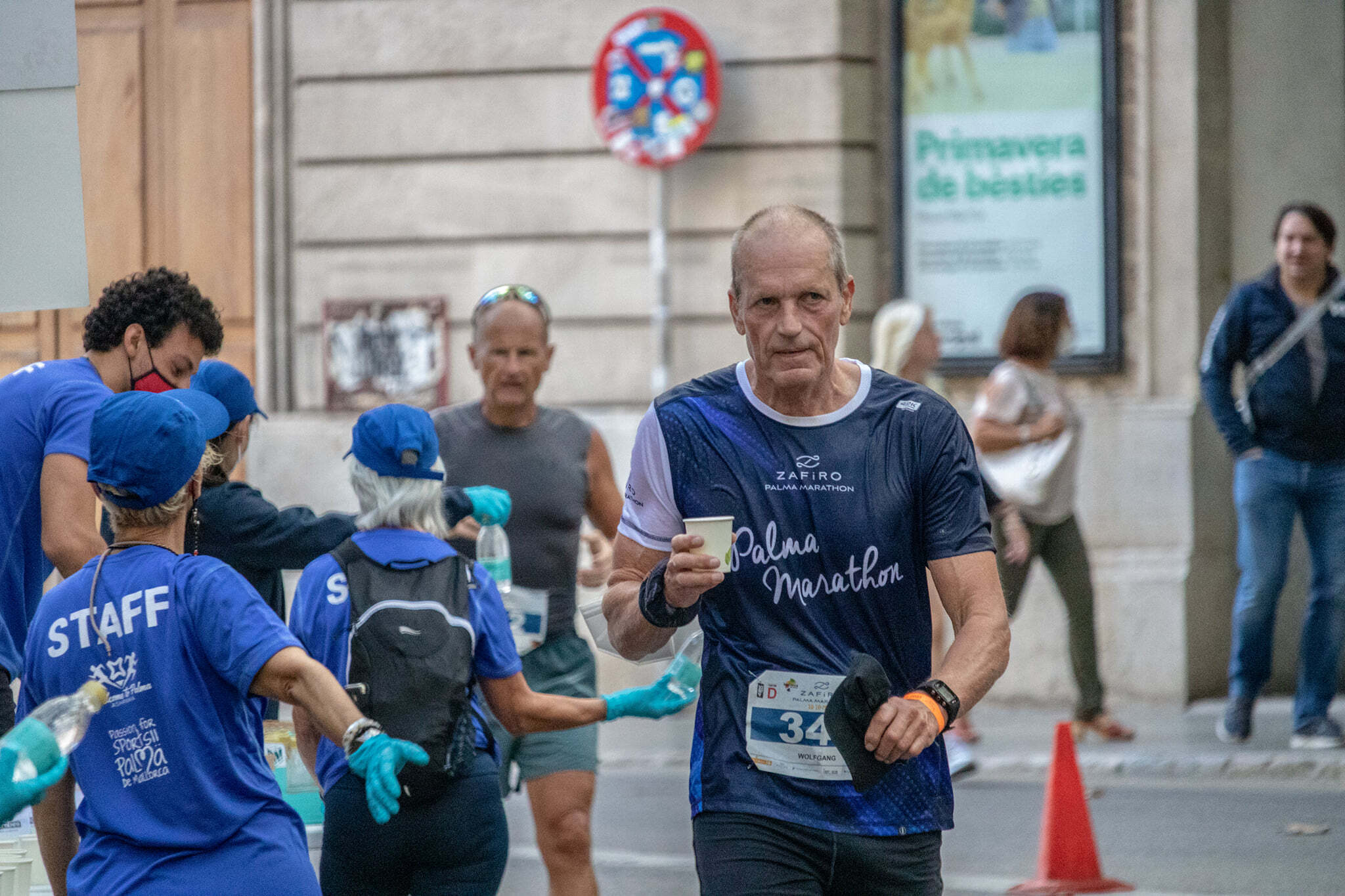
Symptoms and consequences of dehydration
The first symptom dehydration in a competition can appear when the problem no longer has a solution; and this is so because it is possible that the athlete has previously overlooked symptoms to which he has not given adequate importance: thirst, less frequent urination, darker urine, Fatigue… As the degree of dehydration increases, these symptoms can be complicated by lack of energy, dizziness, confusion, altered heartbeat, nausea…
Some consecuencias dehydration are as follows:
- Cramps: Appearance of painful spasms in the muscular area of the abdomen and joints, caused by an incorrect sodium replacement. In other words, an adequate amount may have been drunk, but not correctly.
- Syncope: it is characterized by appearing in the first days of training in an environment with a higher temperature and humidity than usual. After a week the body acclimatizes to the new weather conditions.
- Exhaustion: appearance of gastrointestinal complications (nausea / vomiting / diarrhea), feeling of heat in the head and trunk, fatigue, hyperventilation. It usually involves the withdrawal of the test due to the inability to continue doing physical activity.
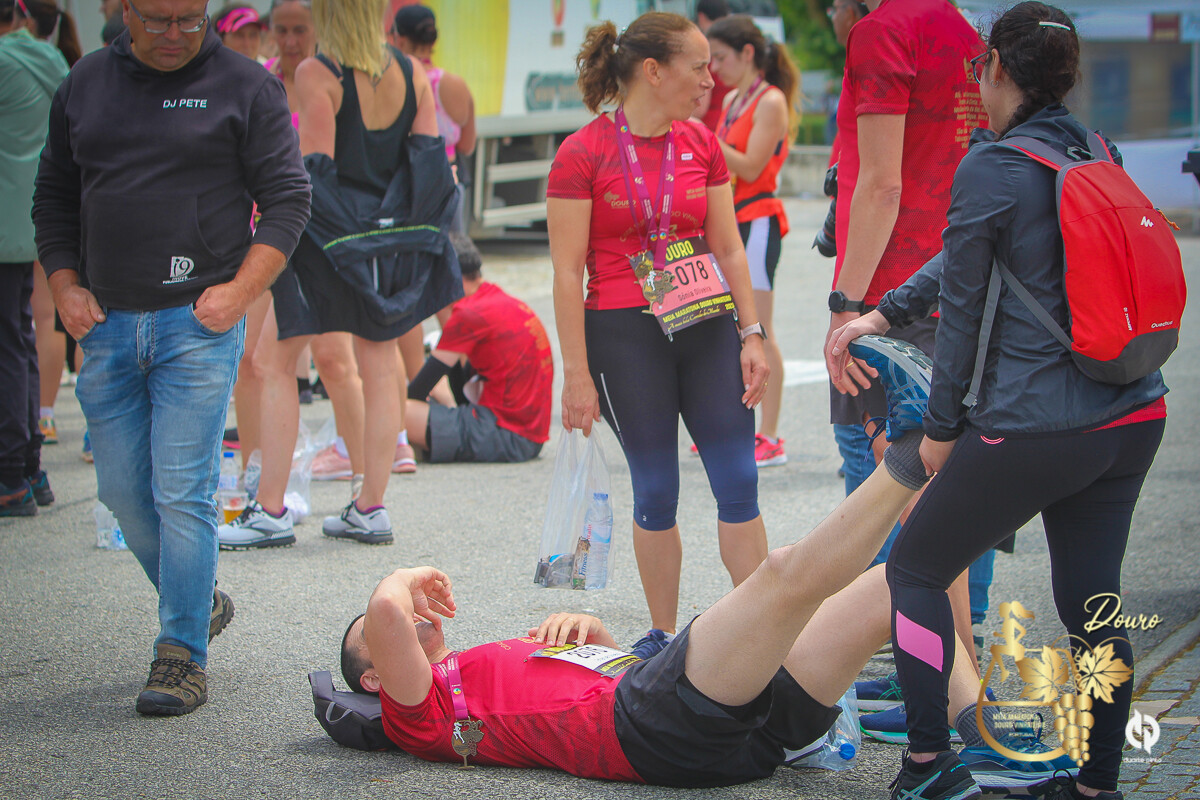
Hyponatremia, what is it and how is it produced?
La hyponatremia is one of the main complications in endurance and ultra-endurance athletes. An athlete suffers from hyponatremia when he presents a lower than normal blood sodium concentration. It is highly characteristic of tests lasting more than 6 hours, although it can also appear in periods of 2 to 4 hours of activity.
In this asymptomatic phenomenon and, therefore, difficult to detect, which in extreme cases can have serious consequences and even the death of the athlete. Luckily, such extreme cases are not usually reached and a good hydration strategy prevents its appearance.
The causes of hyponatremia They are basically these:
- excess body water: occurs due to excessive water intake or poor excretion.
- Decreased sodium in the blood: Produced by excessive sweating and poor replacement of said mineral.
In other words, there are times when, despite drinking a significant amount of water, you are not properly hydrated. And the problem is caused by a lack of sodium. It is not enough to replace the water to compensate the loss that is generated through sweat and urine, also it is very important to replenish sodium through salt capsules or rehydration drinks (water can be alternated with this type of drink).
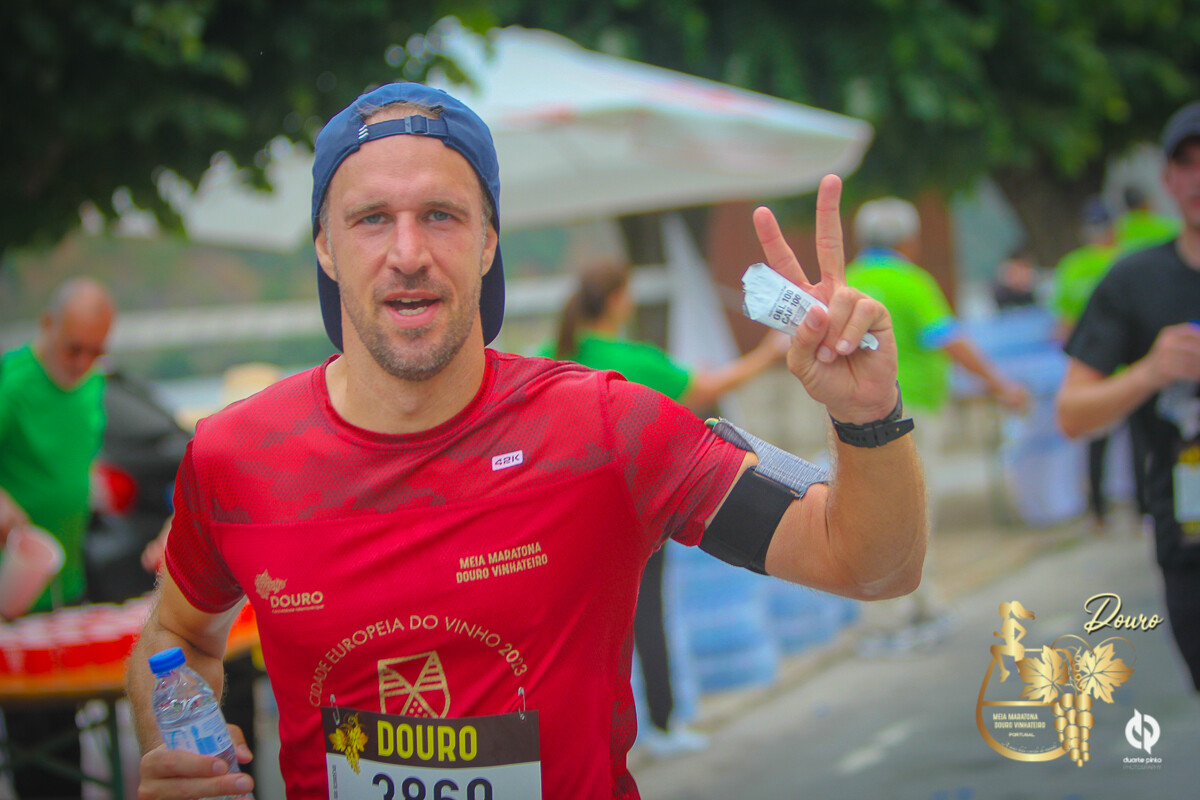
As a general recommendation, it could be indicated that adequate hydration would range from a consumption of between 500-700ml of liquid per hour, but we are going to try to personalize it a little more with a practical example of how to do it:
A runner wants to know how much he should hydrate during a marathon (starting at 9.00:15 a.m. with a temperature of about 3 degrees) and what he expects to do in 1 hours. A few weeks before the marathon, he should go out for a 9.00-hour run, at 75:60 a.m. with a temperature and pace similar to that of the day of the test. Just before going for a run, he weighs himself and records a weight of 74,2kg. During the hour of training he hydrates normally and after 0,5 minutes he comes home and weighs himself again, registering a weight of XNUMXkg; he looks at his bottle and sees that he has drunk half a liter of water (XNUMX kg).
Thus, in one hour the athlete has to replace 1,3kg of liquid for optimal performance. The equation is INITIAL WEIGHT – FINAL WEIGHT + INGESTED LIQUID.
Lastly, I would like to underline that nutritional planning in endurance/ultra-endurance events is complex, since multiple variables must be taken into account such as sodium and other mineral intake, carbohydrate intake per hour, fluid replacement, gastrointestinal problems, possibility of intake of alimeDrinks/liquids, supplies, type of sports, personal needs, sports equipment available to the patient, etc.
Therefore, on behalf of all registered dietitians-nutritionists, he wants to recommend to any runner who plans to face a long-distance race that they put themselves in the hands of professionals. Because from the hand of a specialist in sports nutrition you will know how to plan your hydration correctlylimentation facing your sporting goal without putting your health at risk.


Text to 42K of :
Ismael Martinez Garcia
Dietitian-nutritionist
Dietitian - Nutritionist from the University of Valencia. Master in Nutrition in performance in endurance/ultra-resistance sports from the Spanish Academy of Nutrition. Collegiate number CV00678 in the College of Dietitians and Nutritionists of the Valencian Community
Diet Valencia
Other entries by Ismael Martínez García
42K Best sellers in the last 15 days.
42K · All rights reserved
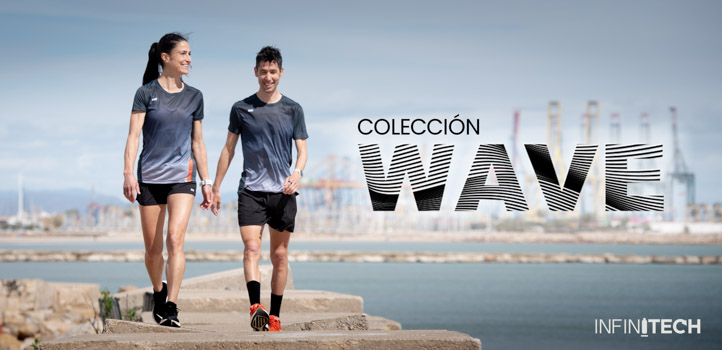


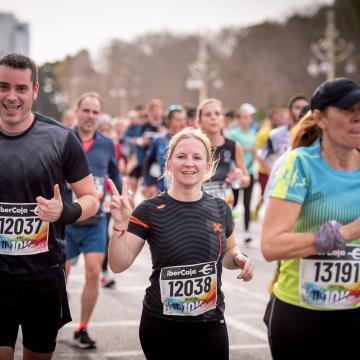
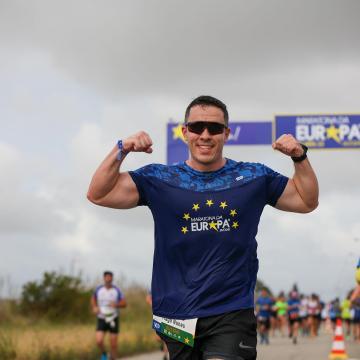

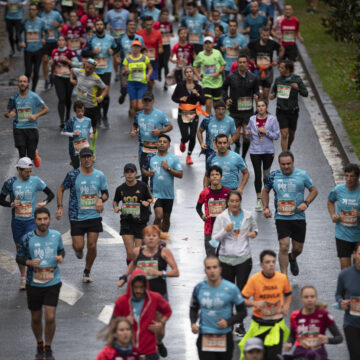



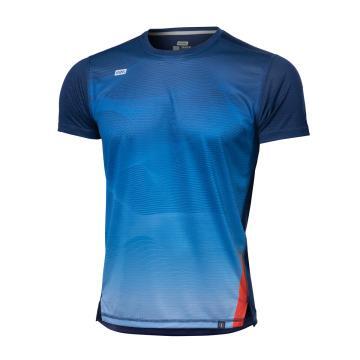
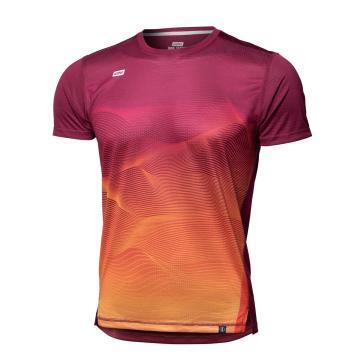
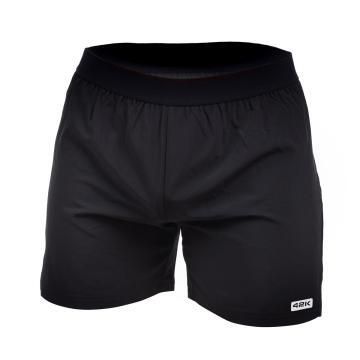
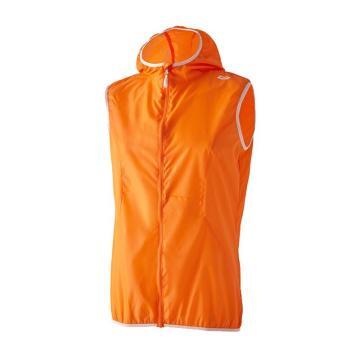
Comments
Post a first comment for this entry!